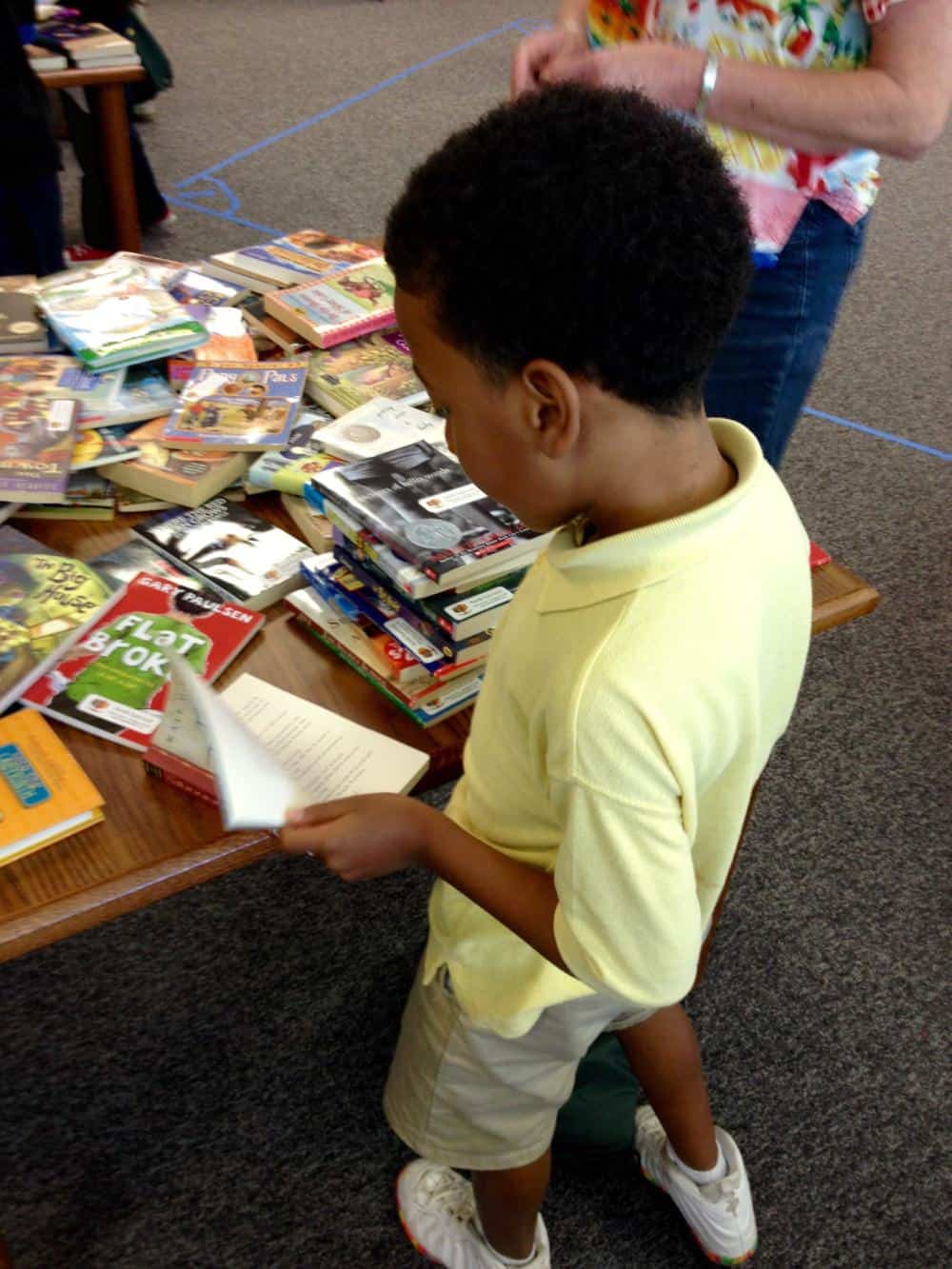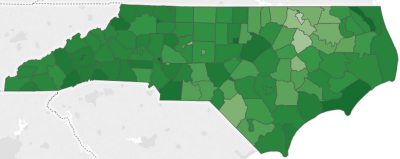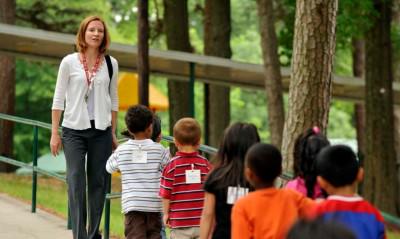Reading and the ability to read have always been an important key to learning.
Yet year after year students, teachers and parents are confronted with low reading scores. Actually, this is nothing new to educators. Low reading scores have been with us a long time. I remember years ago while serving on a county school board that we constantly dealt with and sought to overcome low reading scores. In those days educators promoted the theme, “Reading is Fundamental” as a way of emphasizing the importance of reading as foundational to everything we do.
But suppose some reading scores do change for the better during the school year only to be confronted with the summer break from school. What happens to those reading skills then?
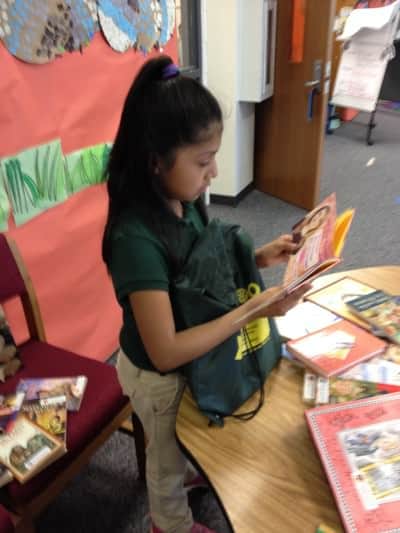

Enter Book Harvest of Durham. Book Harvest began in 2011 with the expressed mission of providing good reading material for children growing up in low income areas. This organization gathers lightly worn donated books and then finds creative ways to get them into the hands of children who may not otherwise have them. “Books on Break” is one way.
In preparation for this summer’s break from school, this organization engaged 53 volunteers from The Durham Rotary Club, and over three days more than 400 students enrolled at Y.E. Smith Elementary Museum School filled their backpacks with almost 5,000 books for summer reading. About ten books per each young scholar.
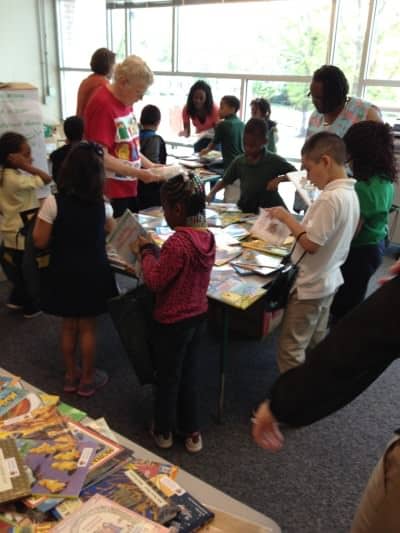

In 150 hours, these volunteers, under the leadership of Rotarian Mimi O’Brien, helped the students “build their personal libraries” with fiction, non-fiction, biography, science and even books in Spanish — books to call their own, books donated to Book Harvest for just that purpose. Smiles and thank yous from the students selecting books for their libraries were shared all around as each class left the school’s media center with their books in hand.
Educators at the school say that students who have the opportunity to read during the summer are more likely to retain the reading skills that they acquired during the previous school year. They have seen the positive effects of “Books on Break.”
The Durham Rotary is no stranger to the students and faculty at Y.E. Smith Elementary. For three years nearly fifty members from the club have been going to the school weekly to read with the students. The program is called, “Reading Rangers,” and these Rotarians are living out the motto of Rotary International, “Service Above Self.”
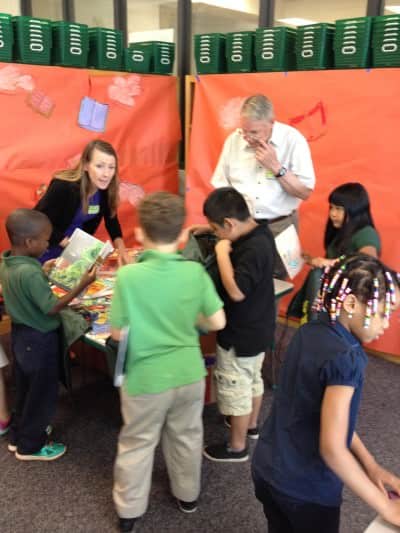

The idea of Rotarian Todd Taylor, the reading program works to raise the reading scores in the school. “Reading Rangers” has found that their efforts, especially for grades K-1, have been an important foundation for learning for these children in a low-income area of the city. Taylor hopes that other community volunteers will contact him to get ideas about duplicating “Reading Rangers” in other elementary schools in similar areas of the Durham community.
The efforts of Book Harvest, The Durham Rotary, “Reading Rangers,” and the “Books on Break” program make a difference in the lives of these special young scholars at Y.E. Smith Elementary. Their learning efforts during the school year are supported in this unique way during the summer break with books they can call their own.
Reading is fundamental.
Just ask the nearly 500 Y.E. Smith students and their teachers who are benefiting from “Books on Break.”
